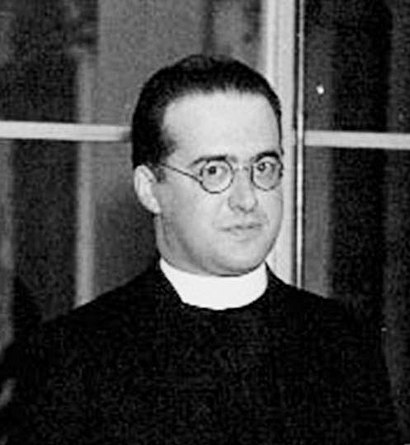
We’re not doing this just because it makes atheists mad. Honest. It’s instructive:
Atheists are just as likely as anyone to resist research findings that challenge their views. Here’s the romp in four short posts:
The “I hate the Big Bang” Cosmology Club
Cosmologist Christopher Isham:
Perhaps the best argument in favor of the thesis that the Big Bang supports theism is the obvious unease with which it is greeted by some atheist physicists.
Still under construction: A No Big Bang Universe
Stephen Hawking has been arguing against the Big Bang at recent public appearances, and has himself proposed various alternatives. (He has also made his atheist leanings quite clear in recent years.)
The Big Bang: Are the fireworks still on despite the downpour?
The Big Bang is not direct proof of God’s existence, but if God exists and did create the universe, we might expect something like that. And something like the ensuing reaction of world-famous atheists in science as well. They have put a great deal of effort into developing alternative models that would point away from God. The problem is that for sixty years and more, the evidence has favored the Big Bang.
Manufacturing doubts about the Big Bang
Here’s a sample from the news desk of Nature, which gives some idea of the available no-Big Bang fare in the light of recent results from particle physics: In “Higgs data could spell trouble for leading Big Bang theory,” we learn first that the most recent research, as of March of this year in fact, “was seen as in line, for the most part, with the standard theory of cosmology” (the Big Bang). That’s probably why we didn’t hear much about it.
But, we are also told, “a controversial analysis,” putting together different data streams, “paints the prevailing theory in a dim light.” That striking news deflates, a paragraph later, to the fact that a paper was posted the previous week by an astronomer who “is no novice when it comes to making controversial cosmic claims.”